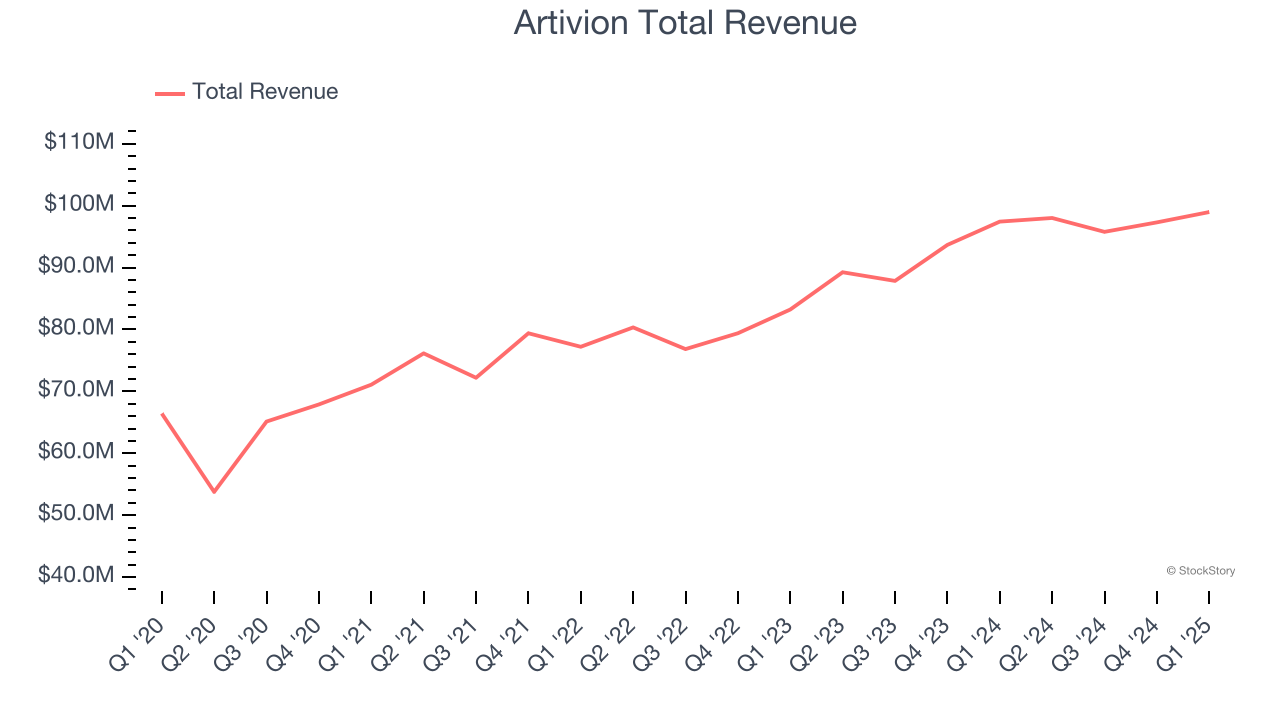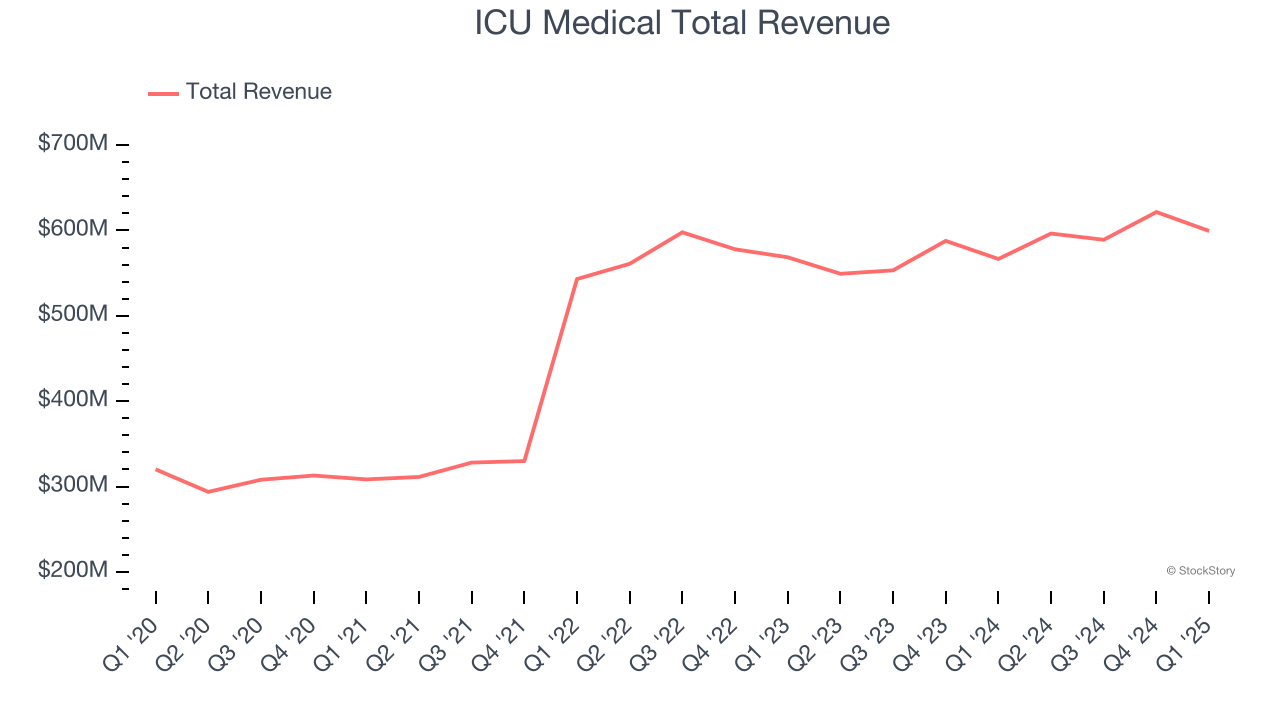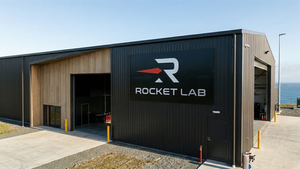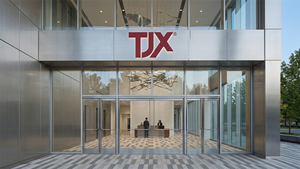
As the Q1 earnings season comes to a close, it’s time to take stock of this quarter’s best and worst performers in the medical devices & supplies - cardiology, neurology, vascular industry, including Artivion (NYSE: AORT) and its peers.
The medical devices and supplies industry, particularly in the fields of cardiology, neurology, and vascular care, benefits from a business model that balances innovation with relatively predictable revenue streams. These companies focus on developing life-saving devices such as stents, pacemakers, neurostimulation implants, and vascular access tools, which address critical and often chronic conditions. The recurring need for these devices, coupled with growing global demand for advanced treatments, provides stability and opportunities for long-term growth. However, the industry faces hurdles such as high research and development costs, rigorous regulatory approval processes, and reliance on reimbursement from healthcare systems, which can exert downward pressure on pricing. Looking ahead, the industry is positioned to benefit from tailwinds such as aging populations (which tend to have higher rates of disease) and technological advancements like minimally invasive procedures and connected devices that improve patient monitoring and outcomes. Innovations in robotic-assisted surgery and AI-driven diagnostics are also expected to accelerate adoption and expand treatment capabilities. However, potential headwinds include pricing pressures stemming from value-based care models and continued complexity changing from navigating regulatory frameworks that may prioritize further lowering healthcare costs.
The 4 medical devices & supplies - cardiology, neurology, vascular stocks we track reported a very strong Q1. As a group, revenues beat analysts’ consensus estimates by 3.3%.
In light of this news, share prices of the companies have held steady as they are up 4.2% on average since the latest earnings results.
Artivion (NYSE: AORT)
Formerly known as CryoLife until its 2022 rebranding, Artivion (NYSE: AORT) develops and manufactures medical devices and preserves human tissues used in cardiac and vascular surgical procedures for patients with aortic disease.
Artivion reported revenues of $98.98 million, up 1.6% year on year. This print exceeded analysts’ expectations by 4.2%. Overall, it was an exceptional quarter for the company with a solid beat of analysts’ sales volume and EPS estimates.
"I am pleased with our first quarter results as we returned to normal operations following our previously disclosed cybersecurity incident while making substantial progress on our strategic growth initiatives. As anticipated, our performance was driven by year-over-year growth in stent grafts of 14%, On-X of 10%, and BioGlue of 7%, all compared to the first quarter of 2024. On a constant currency basis, year-over-year stent grafts, On-X, and BioGlue grew 19%, 11% and 9%, respectively. Our strong product revenue growth of 14% on a constant currency basis was tempered by a 23% decrease in preservation services revenue due to the short-term backlog in tissue processing operations caused by the cybersecurity incident. We are pleased with our team's progress to date in returning to standard tissue processing times, as we outpaced our initial expectations enabling stronger than anticipated first quarter performance," said Pat Mackin, Chairman, President, and Chief Executive Officer.

Artivion achieved the highest full-year guidance raise but had the slowest revenue growth of the whole group. The stock is up 31.3% since reporting and currently trades at $31.24.
Is now the time to buy Artivion? Access our full analysis of the earnings results here, it’s free.
Best Q1: ICU Medical (NASDAQ: ICUI)
Founded in 1984 and named for its initial focus on intensive care units, ICU Medical (NASDAQ: ICUI) develops and manufactures medical products for infusion therapy, vascular access, and vital care applications used in hospitals and other healthcare settings.
ICU Medical reported revenues of $599.5 million, up 5.8% year on year, outperforming analysts’ expectations by 5.7%. The business had an incredible quarter with a solid beat of analysts’ EPS estimates.

ICU Medical pulled off the biggest analyst estimates beat among its peers. Although it had a fine quarter compared its peers, the market seems unhappy with the results as the stock is down 10.1% since reporting. It currently trades at $128.47.
Is now the time to buy ICU Medical? Access our full analysis of the earnings results here, it’s free.
Weakest Q1: Merit Medical Systems (NASDAQ: MMSI)
Founded in 1987 and now offering over 1,700 patented products across global markets, Merit Medical Systems (NASDAQ: MMSI) manufactures and markets specialized medical devices used in minimally invasive procedures for cardiology, radiology, oncology, critical care, and endoscopy.
Merit Medical Systems reported revenues of $355.4 million, up 9.8% year on year, exceeding analysts’ expectations by 0.8%. Still, it was a mixed quarter as it posted a significant miss of analysts’ full-year EPS guidance estimates.
Merit Medical Systems delivered the weakest performance against analyst estimates in the group. The stock is flat since the results and currently trades at $94.43.
Read our full analysis of Merit Medical Systems’s results here.
Penumbra (NYSE: PEN)
Founded in 2004 to address challenging medical conditions with significant unmet needs, Penumbra (NYSE: PEN) develops and manufactures innovative medical devices for treating vascular diseases and providing immersive healthcare rehabilitation solutions.
Penumbra reported revenues of $324.1 million, up 16.3% year on year. This print beat analysts’ expectations by 2.7%. Overall, it was a very strong quarter as it also recorded an impressive beat of analysts’ constant currency revenue and EPS estimates.
Penumbra delivered the fastest revenue growth but had the weakest full-year guidance update among its peers. The stock is down 4.2% since reporting and currently trades at $266.75.
Read our full, actionable report on Penumbra here, it’s free.
Market Update
The Fed’s interest rate hikes throughout 2022 and 2023 have successfully cooled post-pandemic inflation, bringing it closer to the 2% target. Inflationary pressures have eased without tipping the economy into a recession, suggesting a soft landing. This stability, paired with recent rate cuts (0.5% in September 2024 and 0.25% in November 2024), fueled a strong year for the stock market in 2024. The markets surged further after Donald Trump’s presidential victory in November, with major indices reaching record highs in the days following the election. Still, questions remain about the direction of economic policy, as potential tariffs and corporate tax changes add uncertainty for 2025.
Want to invest in winners with rock-solid fundamentals? Check out our Hidden Gem Stocks and add them to your watchlist. These companies are poised for growth regardless of the political or macroeconomic climate.
Join Paid Stock Investor Research
Help us make StockStory more helpful to investors like yourself. Join our paid user research session and receive a $50 Amazon gift card for your opinions. Sign up here.





